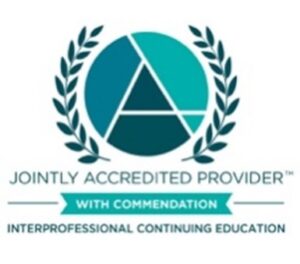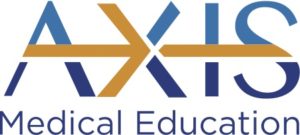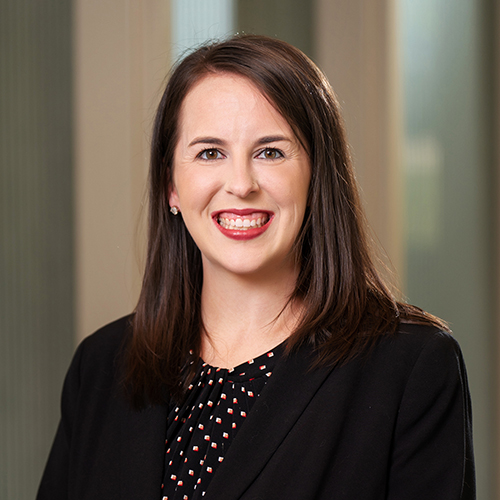Session 1 — Wednesday, Aug. 7
10 to 11 a.m. — Best Practices in Health Care Supply Chain Management
Jim Eckler
Adjunct Faculty Member
Department of Supply Chain Management
W. P. Carey School of Business
Arizona State University
Tempe, Ariz.
Eugene S. Schneller, Ph.D.
Professor/Dean’s Council of 100 Distinguished Scholar
Department of Supply Chain Management
Arizona State University
Tempe, Ariz.
Session Overview
This session will review best practices learned related to pharmacy supply chain management during COVID-19 and in other responses, and to share how leading systems are ensuring that sufficient pharmacy supplies are on hand while preventing product expiration. Different management structures will be discussed at the hospital level, consolidated service center level and systems level.
Objectives
At the conclusion of this session, participants will be able to:
- outline the changes that have occurred since 2020 on health care supply chain integrity and management
- review lessons learned and best practices related to the use of supply and pharmaceutical caches and how to prevent product expiration
- examine lessons learned and best practices related to inventory management strategies to have sufficient supply on hand
Session 2 — Wednesday, Aug. 14
10 to 11 a.m. — Supply Chain Process Improvement
Kari DiCianni
CCI Analyst
Silver Dollar City
Branson, Mo.
Session Overview
This session will review concepts of process improvement that can be applied to pharmaceutical and supply chain management in hospitals to improve the resiliency of supplies, reduce cost and increase efficiencies.
Objectives
At the conclusion of this session, participants will be able to:
- explain concepts of process improvement in the pharmaceutical supply chain
- summarize how process improvement can be applied to pharmaceutical and supply chains
Session 3 — Wednesday, Aug. 21
10 to 11 a.m. — Supply Chain Considerations During Disruptions and Disasters
Linda Rouse O’Neill
Senior Vice President, Supply Chain Policy
Health Industry Distributors Association
Alexandria, Va.
Tim House
National Vice President of Sales
Concordance Healthcare Solutions
Tiffin, Ohio
Session Overview
This session will discuss special considerations for pharmaceutical and supply management during emergencies and shortages, including forecasting, understanding allocation and vendor relationships. During these incidents, it is important to have a multidisciplinary team addressing supply and pharmaceutical issues and the associated operational and patient care impacts. The session will explore potential individuals to have on that team and why.
Objectives
At the conclusion of this session, participants will be able to:
- explain the impact of shortages and emergencies on pharmaceuticals, equipment and supplies
- describe the allocation process
- outline forecasting shortages and mitigation strategies that can be taken
- evaluate the importance of developing vendor relationships and interprofessional teams to address pharmaceuticals and supplies during shortages and emergencies
Session 4 — Wednesday, Sept. 4
10 to 11 a.m. — Supply Chain Disruption in Missouri Hospitals
Steve Hoeger, CHEP
Corporate Director of Emergency Management
University Health – Truman Medical Centers
Kansas City, Mo.
Greg Teale, PharmD, BCPS
Vice President of Pharmacy Services
Saint Luke’s Division of BJC HealthCare
Kansas City, Mo.
Session Overview
This session will provide real-world examples of both supply and pharmaceutical shortages that hospitals experienced, steps hospitals took to respond and lessons they learned.
Objectives
At the conclusion of this session, participants will be able to:
- examine the potential impact to facility operations and patient care during a pharmaceutical shortage
- implement best practices into your facility pharmaceutical supply chain operations and planning












